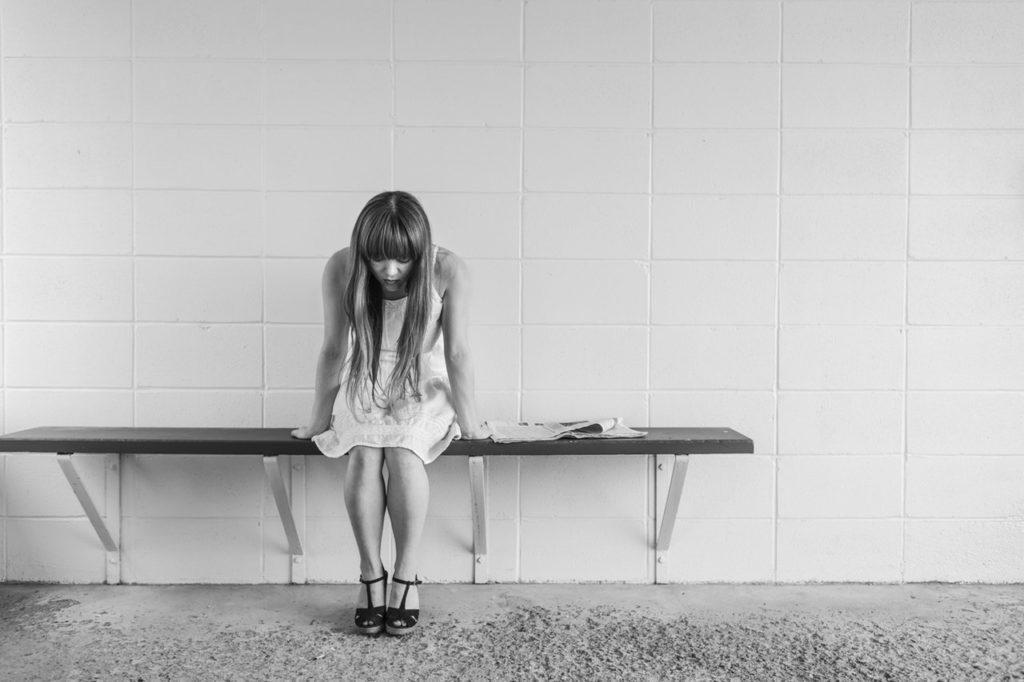Exercise, depression and anxiety

Exercise, depression and anxiety
Many of my clients have struggled with differing levels of anxiety and depression and since one in five women and one in eight men will experience depression at some point in their lives, I thought it would be useful to explain just why exercise can be helpful.
Depression is more than just feeling blue. It’s a serious condition that impacts physical and mental health. Whilst the exact cause is unknown, it does seem to be the result of a combination of recent events and longer term personal factors (eg family history, personality, serious illness, drug and alcohol use).

Typically exercise is a vastly under-utilised tool in the fight against depression.
Research has found that regular exercise may increase the level of brain serotonin which is linked to mood regulation, sleep, libido and appetite among other things.
Exercise can also increase endorphin levels in the brain – the “feel good” mood lifters.
So, WHY does regular exercise alleviate depression?
- It increases energy levels
- Improves sleep patterns
- Provides a distraction from worries and over thinking
- Offers social support and reduced loneliness when undertaken with others
- Gives a sense of control and self-esteem which allows people to take an active role in their wellbeing
OK, what KIND of exercise should you do?
The good news is that any regular, moderate intensity exercise seems to help – a daily brisk walk can be beneficial, especially for those with less severe depression. In cases of sever melancholic depression, exercise can be helpful alongside other treatments. Sometimes just getting out of bed is a great start!
Some scientific stuff:
Various studies have shown that regular exercisers have less symptoms of depression and anxiety than those who don’t have a regular exercise pattern.
Several trials show that regular moderate intensity exercise can be an effective treatment for melancholic and non-melancholic depression
Both aerobic (fast walking, running, cycling etc) and strength training (weights) have been found to ease depression symptoms.
But wait, there’s more:
Regular exercise has numerous physical health benefits, such as preventing heart disease, type 2 diabetes, osteoporosis, strokes and some cancers.
I hope I’ve convinced you of the need for regular exercise, so now it’s time to think about what kind of exercise you enjoy, schedule it into your diary and go out and do it!
How to get started:
- Find a group of like-minded supportive people to exercise with. Even those of us not suffering from depression, find it much easier to stick to an exercise regime if we know that someone is waiting for us to train.
- Do something you enjoy – walking, cycling, indoor, outdoor, team etc
- Plan! We all need to do this. Decide what you’re going to do and slot it into your diary
- Start simple – walk the dog, do some gardening, build up to doing a bit more each week.
Aim for:
30 minutes moderate exercise on most days (preferable every day)
Exercising for 10 minutes at a time i.e. you can do 3 x 10 minute sessions
Incorporate activity into your day as much as possible – the old take the stairs rather than the lift, park further from your destination, carry your shopping into the house in 5 trips rather than 3…
If you feel ready to get moving and feeling better, I’m here to help. Our exercise groups are fun, supportive and encouraging.

